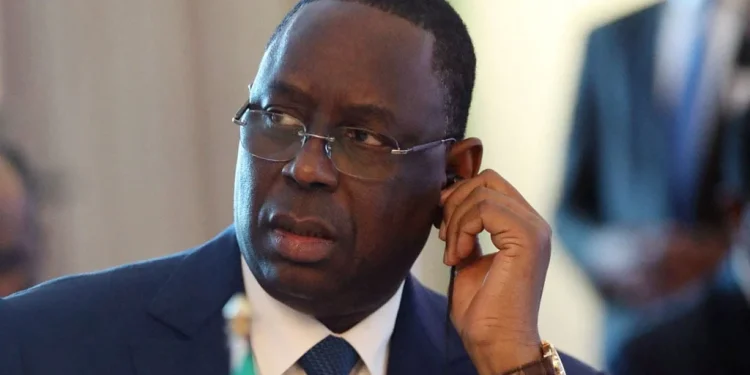Senegal’s President Macky Sall seems willing to give democracy a chance, after he announced his commitment to holding a presidential election “as soon as possible,” following a landmark ruling by the country’s top court which deemed his attempt to delay the vote unconstitutional.
This decision marks a significant victory for democracy in West Africa, where many nations have struggled with political instability and authoritarian tendencies.
President Bows to Pressure
President Sall, having served his two-term limit, had faced immense pressure to reverse his decree that pushed the election from February 25th to December. International bodies like Ecowas, France, and the EU joined forces with domestic opposition figures and even religious leaders in urging him to uphold the constitutional timeline.
Following Thursday’s ruling, President Sall acknowledged the court’s decision and pledged to hold talks with stakeholders to determine a new election date. The original February 25th date is no longer feasible, but the Constitutional Council clarified that President Sall’s mandate cannot extend beyond April 2nd, setting a timeframe for the new election.
Landmark Decision for Democracy
The court’s verdict was met with widespread praise, particularly from those who denounced the initial attempt to delay the election. Opposition figures like former Prime Minister Aminata Touré hailed it as “a great day for democracy,” while presidential hopeful Anta Babacar emphasized the restored faith in the country’s judicial system.
However, challenges remain. Disputes regarding the candidate list and alleged corruption within the Constitutional Council persist, potentially sparking renewed unrest if unresolved. Additionally, the exclusion of popular opposition figure Ousmane Sonko, currently imprisoned on contested charges, could further inflame tensions.
Uncertain Path Ahead
Despite these hurdles, Senegal’s commitment to holding an election within the stipulated timeframe signifies a crucial step towards upholding democratic principles. While navigating the remaining obstacles will be critical, the country’s democratic institutions have undoubtedly demonstrated their resilience and independence. It is now up to political actors and authorities to work collaboratively to ensure a peaceful and inclusive electoral process, further solidifying Senegal’s position as a beacon of democracy in the region.



